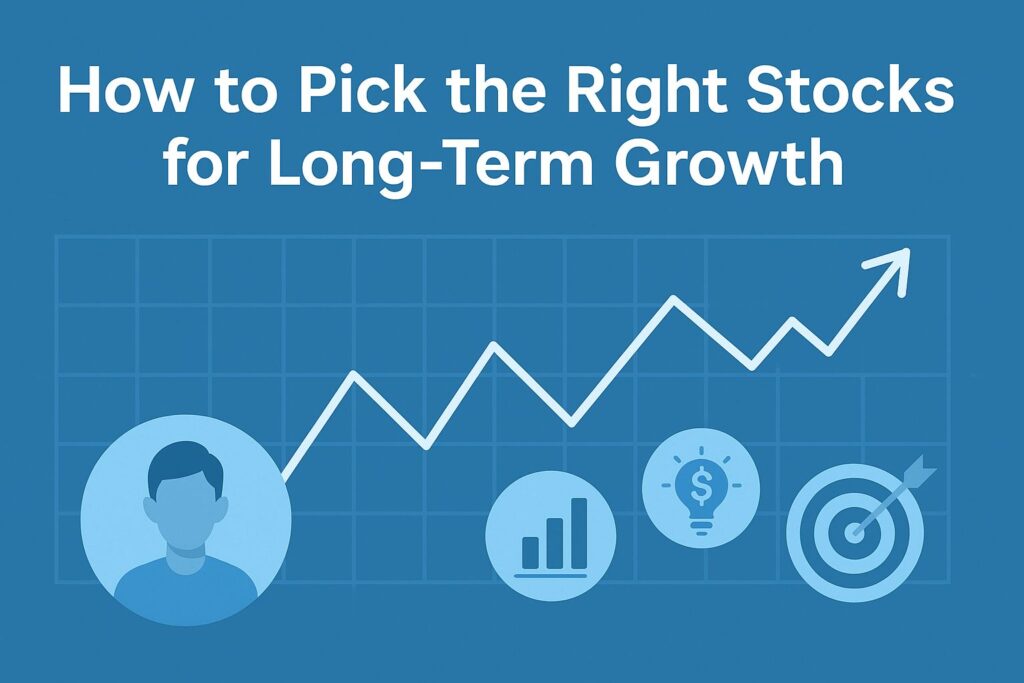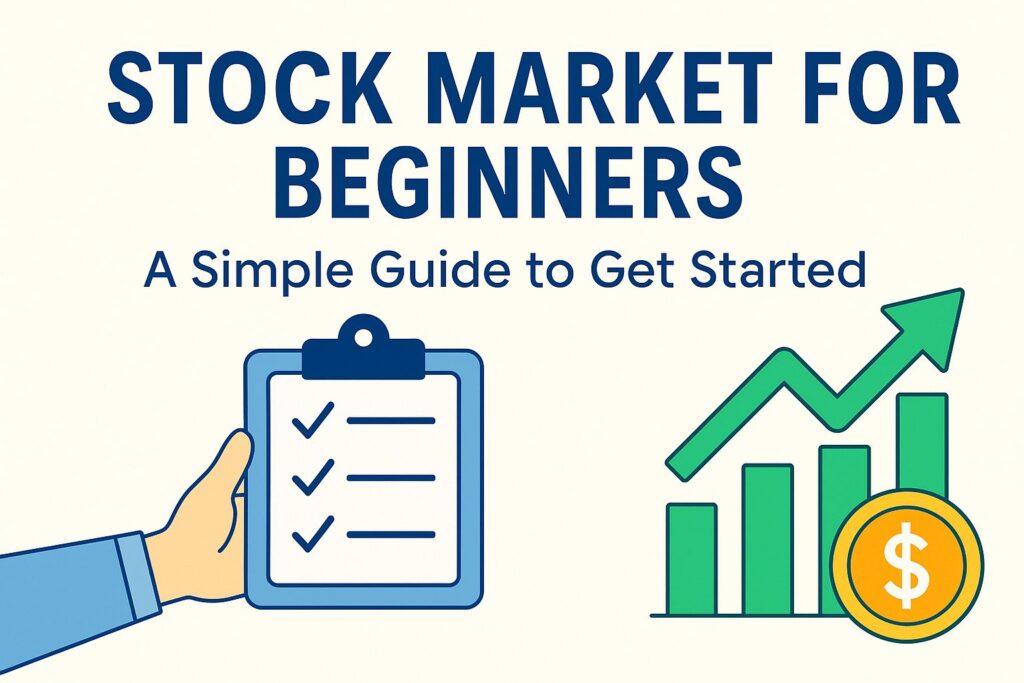When it comes to the stock market, many dream of big returns. But the reality? Most retail investors actually lose money—sometimes fast, and often painfully. But why?
The truth is, the stock market isn’t designed to take your money. People often sabotage their own success through avoidable mistakes, emotional decisions, and lack of knowledge. The good news? You don’t have to be one of them.
Let’s dive into the top reasons most people lose money in the stock market—and what you can do differently.
- Trying to Time the Market
One of the most common mistakes is trying to buy low and sell high by predicting market movements.
Sounds smart, right? In theory, yes. But in practice, it’s almost impossible.
Even professional investors struggle to time the market perfectly. Most people end up buying when prices are high (because of hype) and selling when prices drop (out of fear).
✅ What to Do Instead:
Focus on time in the market, not timing the market. Stay consistent, invest regularly, and think long term.
- Letting Emotions Take Over
Fear and greed are powerful forces. Many investors panic when prices fall and sell at a loss—only to see prices rebound later. Others get greedy during bull markets and pour in too much money at once, often near market tops.
✅ What to Do Instead:
Create a plan and stick to it. Remove emotion by automating investments and making decisions based on logic—not headlines.
- Lack of Diversification
Putting all your money into one or two stocks might seem exciting, but it’s risky. If one company fails, your portfolio takes a big hit.
✅ What to Do Instead:
Spread your investments across different industries, asset types (stocks, ETFs, bonds), and even regions. Diversification reduces risk and smooths out returns over time.
- Investing Without Understanding
Many people invest in trending stocks without knowing what the company actually does. Others follow social media hype or tips from friends—with no research.
✅ What to Do Instead:
Never invest in something you don’t understand. Read company reports, follow credible financial news, and take time to learn the basics.
- No Clear Goal or Strategy
Investing without a goal is like sailing without a destination. Without a clear plan, it’s easy to react to short-term noise and make poor decisions.
✅ What to Do Instead:
Set specific goals (retirement, house, education), define your risk tolerance, and choose a strategy that matches. Whether it’s value investing, growth investing, or passive indexing—stick with it.
- Chasing Hot Stocks or Trends
From meme stocks to cryptocurrency booms, chasing trends can lead to quick losses. By the time you hear about a “hot” stock, it’s often already too late.
✅ What to Do Instead:
Avoid FOMO (fear of missing out). Stay focused on your long-term plan and ignore short-term noise.
- High Fees and Commissions
Frequent trading or using expensive financial advisors can eat into your profits without you realizing it.
✅ What to Do Instead:
Use low-cost index funds or ETFs. Choose brokers with no or minimal fees. Over time, small savings on fees can mean thousands more in your portfolio.
- Giving Up Too Soon
Markets go through cycles. New investors often quit after their first loss, thinking investing “doesn’t work.”
✅ What to Do Instead:
Stay in the game. The longer you stay invested, the more likely you are to experience growth. Patience is one of the most powerful investing tools.
Final Thoughts
Most people lose money in the stock market not because the system is rigged—but because they make emotional, rushed, or uninformed decisions.
The market rewards patience, discipline, and knowledge.
So take a breath. Make a plan. Stick with it.
Investing isn’t about quick wins—it’s about long-term growth.
Disclaimer:
The content on Groviest.com is provided for informational purposes only and does not constitute financial, investment, legal, or tax advice. While we strive to provide accurate and up-to-date information, we make no guarantees of any kind regarding the completeness, accuracy, or applicability of the content.
Readers are encouraged to do their own research or consult with a licensed financial advisor before making financial decisions. Groviest.com and its authors are not responsible for any financial losses or decisions made based on the content of this blog.


